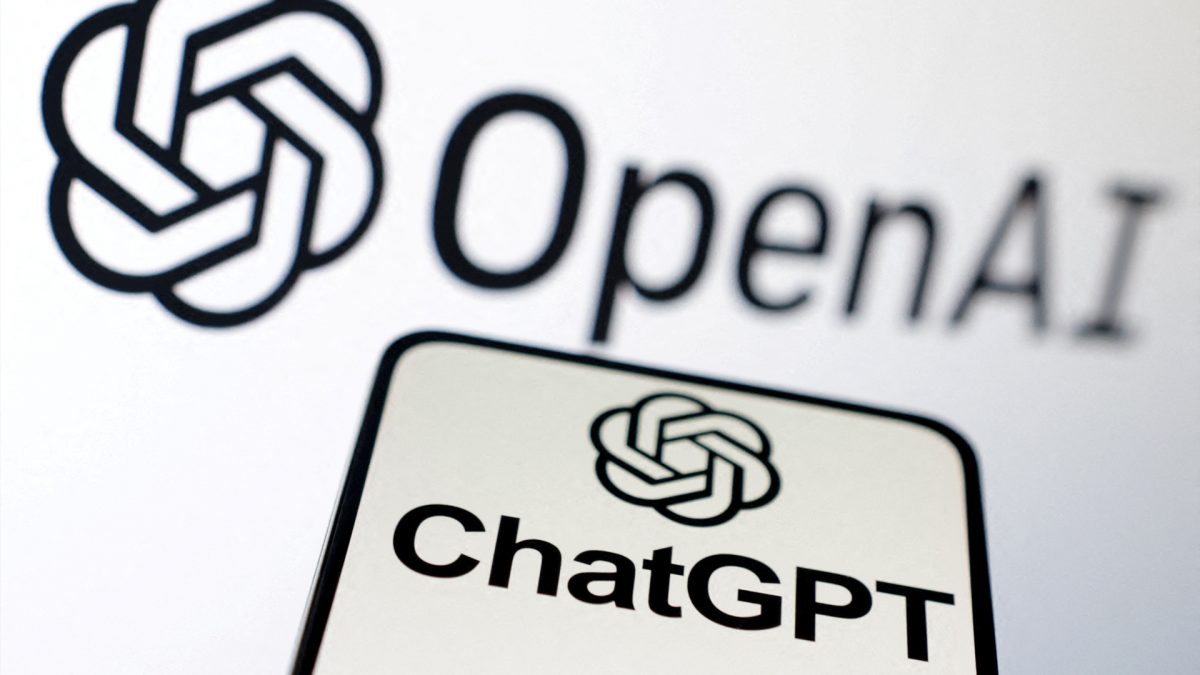A landmark lawsuit against OpenAI by Indian and global media organisations, including those owned by Mukesh Ambani and Gautam Adani, raises questions about the unchecked expansion of GenAI. The case alleges that OpenAI’s ChatGPT has used copyrighted materials without authorisation. But this legal battle is just a symptom of a far deeper challenge—one that extends beyond copyright infringement to the very nature of truth in the digital age.
GenAI tools like ChatGPT, Gemini, and others have fundamentally changed the economics of content creation. Tasks that once required significant time and expertise—writing articles, marketing materials, or even novels—can now be accomplished in minutes. This democratisation of writing has unleashed a tide of content.
Evidence of this surge is everywhere. News organisations now use AI to generate reports on earnings, sports, and breaking news. The Associated Press employs AI to produce thousands of earnings summaries annually, freeing up journalists for in-depth reporting. Social media platforms are exploding with AI-assisted posts, captions, and comment responses. Aspiring authors use AI to draft and refine books, flooding self-publishing platforms. Amazon’s Kindle Direct Publishing has seen a spike in AI-generated submissions.
This content explosion has led to an information surplus. Readers encounter repetitive narratives, generic insights, and formulaic writing—eroding trust and engagement. Fatigued by this deluge of undifferentiated material, audiences will demand content that resonates with their preferences, contexts, and values. This demand will inevitably prompt a transition from hyper-production to hyper-personalisation.
The promise of hyper-personalisation is seductive. Imagine a news article dynamically adjusting its tone and depth to suit your preferences: a technical analysis for experts, a simplified summary for casual readers, or an engaging narrative for younger audiences. Or picture textbooks that adapt to a student’s learning style, presenting history as a data-driven timeline for one learner and a vivid story for another. Envision novels or movies that allow users to shape plots and endings according to their moods or preferences. Hyper-personalisation offers greater engagement, and engagement directly translates to revenue in the internet era. It is difficult to argue that hyper-personalisation will not dominate information-rich businesses in the near future.
Impact Shorts
More ShortsHowever, hyper-personalisation is like crossing the Rubicon: it offers unprecedented engagement but comes at the hidden cost of eroding shared truths.
Over the past few decades, the world has shifted from an era of information deficit to one of information surplus. In the pre-digital era, the primary challenge was accessing enough information to make sense of the world. The internet transformed this, ushering in an era of information overload, where discerning what mattered became more important. As misinformation spread, the boundaries between fact and fiction blurred, leading to the age of “fake news”. The rise of deepfakes (AI-generated manipulations of reality) has further deepened the crisis, where entirely fabricated realities could be presented as truth. The advent of hyper-personalised content risks further fragmenting this trajectory, creating subjective realities tailored to individual preferences and biases.
At its core, writing can be understood as a layered construct comprising three key elements: facts, opinions, and style. The first layer, facts, serves as the objective foundation—a shared reality that can be verified. The third layer, style, encompasses the medium of delivery, the structure, and the aesthetic choices that frame the work. Both of these layers are visible and, to a large extent, measurable. However, the middle layer—opinions, insights, and narratives—shapes how facts are interpreted and presented. Though inherently normative, this layer provides us with the lens through which we view and make sense of reality.
Hyper-personalisation’s greatest impact lies in distorting this middle layer. While the factual layer might remain untouched—drawing from verified sources—and the stylistic layer may be optimised for aesthetic preferences, AI will increasingly shape the narratives and insights it generates based on user data and algorithmic predictions. This means the lens through which readers interpret facts will no longer be crafted solely by human intent or cultural context but filtered through AI systems’ biases, assumptions, and commercial incentives. The lens, which once provided diversity and depth to human understanding, risks becoming a tool for reinforcing echo chambers, amplifying biases, or manipulating perspectives.
Nobel laureate André Gide’s 1925 classic Les Faux-monnayeurs explored the same events from multiple perspectives, challenging the idea of a singular, objective narrative. Similarly, GenAI’s ability to hyper-personalise content could fragment our collective reality into countless individualised versions.
Suppose every individual receives a version of reality tailored to their preferences. Will we lose the ability to agree on basic truths? Hyper-personalised news could reinforce biases, while educational materials might offer conflicting interpretations. Over time, this divergence risks creating a world where reality is no longer shared but fractured into countless subjective interpretations. In such a world, how do we build consensus? Will hyper-personalisation enrich our understanding of the world, or will it isolate us in algorithmic echo chambers?
The legal challenge against OpenAI underscores urgent ethical and accountability questions in AI-generated content, extending far beyond copyright infringement. As generative AI personalises reality for billions, concerns arise about misinformation, ideological manipulation, and how content creators can compete when AI derivatives can be mass-produced at zero cost. Governments, including India, have begun mandating labels for AI-generated political ads, yet broader frameworks—covering mandatory content disclosure, algorithmic transparency, and AI ethics—remain underdeveloped. At stake is not merely intellectual property but the capacity to sustain a shared understanding of truth. Without robust oversight, we risk ceding the shaping of public knowledge to algorithmic narratives that could fragment reality and fundamentally alter our collective perception.
Disclaimer: Firstpost is a part of the Network18 group. Network18 is controlled by Independent Media Trust, of which Reliance Industries is the sole beneficiary.
Vivek Agarwal is a global policy expert and Country Director (India), Tony Blair Institute of Global Change. Views expressed in the above piece are personal and solely those of the author. They do not necessarily reflect Firstpost’s views.


)

)
)
)
)
)
)
)
)



